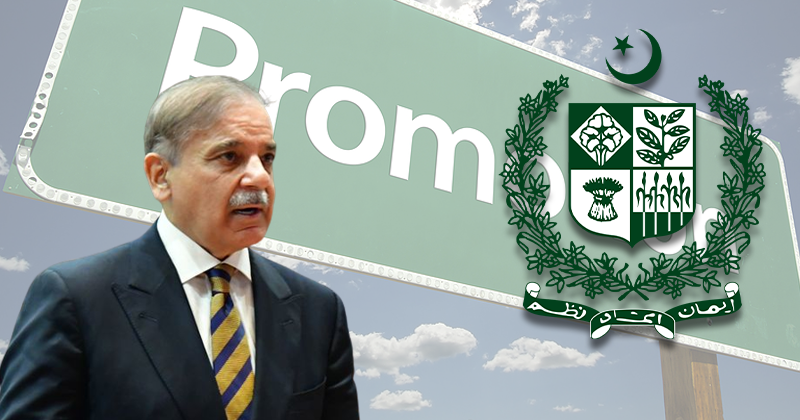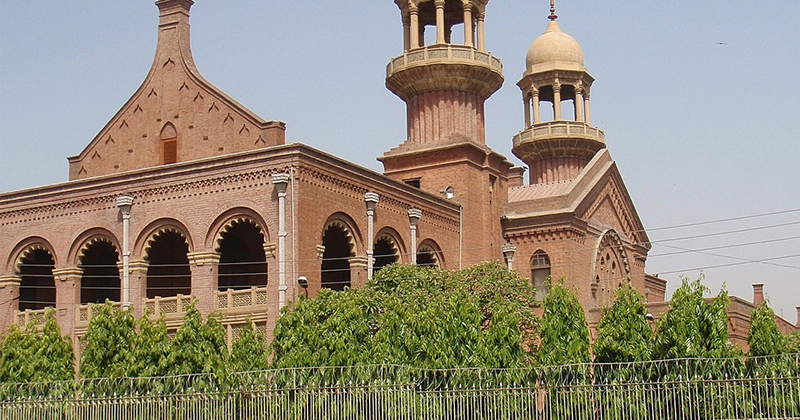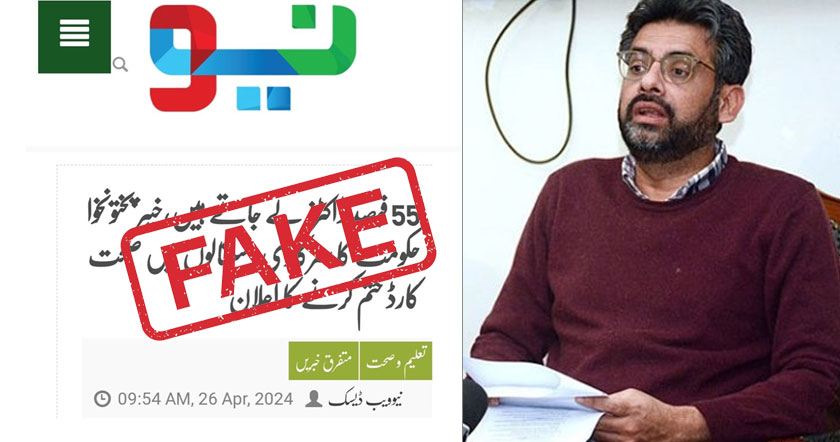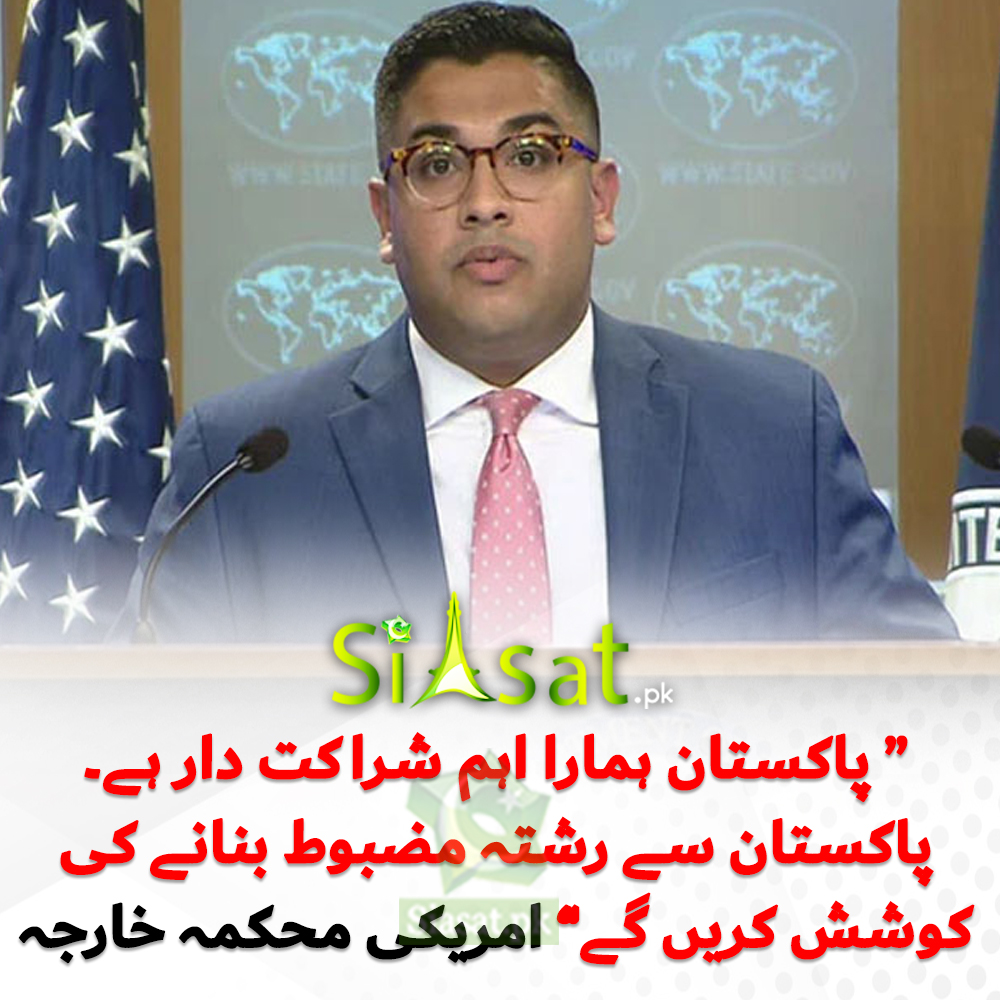More contacts, not less
Sunday, August 01, 2010
Zafar Hilaly
Two-timing, duplicitous, untrustworthy is how some Western, and especially American, columnists chose to describe the ISI for its (WikiLeaks) contacts and dealings with the Taliban. Pakistanis, however, were delighted that, notwithstanding American bullying, the ISI is maintaining these contacts.
Judging by the pell-mell rush to engage the Taliban, generated by Washingtons change of heart about negotiating with them, ISI contacts are proving perhaps the most helpful of all for an America that is expending valuable men and treasure while it waits eagerly to cobble an exit strategy with its Taliban enemy.
For those of us who value the American alliance with Pakistannot only for the direly needed economic assistance that America can and does provide, but also for the innumerable other diplomatic and political benefits a warm and trusting relationship with America offersthere is little satisfaction in recalling the utter idiocy of some Americans to spurn engagement with the Taliban and to insist that Pakistans intelligence agencies also sever ties with them. Considering that, through the Saudis or directly, Karzai, the British and the Americans themselves maintain connections with the Taliban, theirs is as hypocritical a stance as the one of which they sanctimoniously accuse Pakistan.
To believe, as many American columnists do, that allies in war must, or should, have identical interests or goals, appears to be the height of naivety. Actually, on occasions, the respective interests of allies not only differ but also conflict, as do ours with that of the Americans and Karzai in Afghanistan. Many of the incidents reported by WikiLeaks confirm this phenomenon. In fact, the ISI would do better by increasing the quality and frequency of their contacts and dealings with the Taliban because the Taliban are inevitably going to form the next government in Afghanistan. And, given our strategic interest in a friendly and benign Afghanistan, that would be the most prudent thing to do, regardless of American sensibilities. Besides, when it comes to assisting the Americans in reaching an agreement with the Taliban for a broad-based successor regime to Karzais quisling setup, an ongoing association with the Taliban is essential. Moreover, it would also enable Pakistan to play a vital role.
Of course, as we have demonstrated on numerous occasions, we will continue to fight the Taliban, be they Afghan or Pakistani, if they come to the aid of their fellow extremists in disputing the writ of the state within Pakistan. Nor does it suit us today to connive with them in planning or launching operations against American forces. That would be the height of folly. Noticeably, the WikiLeaks, which mostly hark back to the past, reveal nothing that is authoritatively contrary to this stance, then or now. Although there are hints a-plenty, mostly from unfriendly Tajik Afghan intelligence operatives, that Pakistani armed forces personnel were involved in the planning of attacks on coalition forces.
In some respects Pakistans dealing with a hostile entity such as the Taliban is similar to that of the US with regard to the Indian presence in Afghanistan, especially that of Indian intelligence operatives and armed forces personnel in Kabul and other cities. Despite the immense resentment, the suspicion and fears that it arouses in Pakistan, the Americans have encouraged a burgeoning Indian presence in Afghanistan and afforded Indian intelligence operatives, posted mostly in Indian consulates and sub-offices in Afghanistan, a free rein in the country.
With the active encouragement of the former Afghan Interior and Intelligence heads, both notoriously anti-Pakistan, the Indians predictably used the opportunity to stir up trouble in Balochistan and arm criminal and extremist elements fighting in Pakistan. Despite a reference by McChrystal that Pakistan views the Indian presence with considerable suspicion, nothing was done to deplete the numbers of Indian operatives. In fact, American spokesmen go out of their way to proclaim that India has vital security interests in Afghanistan, thereby fuelling resentment in Islamabad and Beijing that the US wishes to sponsor a heightened Indian role in Afghanistan in the hope that India will share with the US the task of warding off a Taliban resurgence when the time comes for America to depart.
Just how India will accomplish this task, or police any withdrawal agreement that may be arrived at between the Americans and the Taliban, is not clear, unless the idea is for India to strengthen the Northern Alliance Tajiks with weapons and funding to fight the Taliban in the war that may follow an American withdrawal. One presupposes, of course, that India will not be mad enough to send troops to aid her favoured protagonist in such a conflict.
With the day of an American departure drawing closer, the Obama administration should perhaps pluck up the courage to heed, in the December review of its Afghan policy, what was a favourite piece of advice of Confederate general Thomas Stonewall Jackson: You should never take the counsel of your fears. In other words, do what America is afraid to do and leave Afghanistan to its own devices. Occupying a whole country and killing its inhabitants, wittingly or not, is not the solution. On the contrary, it is compellingly counterproductive, as time has shown.
A visit to three European capitals recently revealed galloping distaste for the war among those who take an interest in international affairs, and a positive aversion to their continuing involvement in the general public. As for dealing with Al Qaeda, the actual reason for the American invasion, Europeans in the know felt that there are a number of ways of dealing with that problem were Al Qaeda to relocate in Afghanistan, or in the tribal areas of Pakistan and, noticeably, all of them took for granted the willing cooperation of regional states, especially Pakistan, for the success of any action that may be necessary.
Of course, there is the possibility, some would argue the certainty, that Afghanistan will revert to what it has always been, a polyglot entity of differing ethnic groups and quarrelsome tribes, in other words, more a geographical expression than a state in the accepted sense of the word, following an American withdrawal. And, yes, as the Taliban seek to spread their dominance, old ethnic schisms may well reignite. However, the other ethnic groups which once chafed under Pakhtun dominance are far stronger than they were and may be able to strike a modus vivendi with a future Pakhtun/Taliban-dominated regime in Kabul, assuming that power, like water, will invariably find its own level.
On the other hand, a continued stalemate and an American occupation virtually guarantee the further destabilisation of Pakistan and its ever-increasing radicalisation in the name of Islam. Already, there are disturbing reports of entire madressahs in some areas of Pakistan volunteering for the jihad against the Americans. A prospect that becomes ever more dreadful if, under the guise of protecting their security interests, distant powers were to enter the fray.
However, such dire premonitions may never come to pass if agencies like the ISI, entrusted with handling the various parties to the ongoing war, are able to bring them together. And for this to happen there will have to be more rather than less communication and contact, open or furtive among, among the protagonists, or else there may be no compact.
The writer is a former ambassador. Email: [email protected]
Sunday, August 01, 2010
Zafar Hilaly
Two-timing, duplicitous, untrustworthy is how some Western, and especially American, columnists chose to describe the ISI for its (WikiLeaks) contacts and dealings with the Taliban. Pakistanis, however, were delighted that, notwithstanding American bullying, the ISI is maintaining these contacts.
Judging by the pell-mell rush to engage the Taliban, generated by Washingtons change of heart about negotiating with them, ISI contacts are proving perhaps the most helpful of all for an America that is expending valuable men and treasure while it waits eagerly to cobble an exit strategy with its Taliban enemy.
For those of us who value the American alliance with Pakistannot only for the direly needed economic assistance that America can and does provide, but also for the innumerable other diplomatic and political benefits a warm and trusting relationship with America offersthere is little satisfaction in recalling the utter idiocy of some Americans to spurn engagement with the Taliban and to insist that Pakistans intelligence agencies also sever ties with them. Considering that, through the Saudis or directly, Karzai, the British and the Americans themselves maintain connections with the Taliban, theirs is as hypocritical a stance as the one of which they sanctimoniously accuse Pakistan.
To believe, as many American columnists do, that allies in war must, or should, have identical interests or goals, appears to be the height of naivety. Actually, on occasions, the respective interests of allies not only differ but also conflict, as do ours with that of the Americans and Karzai in Afghanistan. Many of the incidents reported by WikiLeaks confirm this phenomenon. In fact, the ISI would do better by increasing the quality and frequency of their contacts and dealings with the Taliban because the Taliban are inevitably going to form the next government in Afghanistan. And, given our strategic interest in a friendly and benign Afghanistan, that would be the most prudent thing to do, regardless of American sensibilities. Besides, when it comes to assisting the Americans in reaching an agreement with the Taliban for a broad-based successor regime to Karzais quisling setup, an ongoing association with the Taliban is essential. Moreover, it would also enable Pakistan to play a vital role.
Of course, as we have demonstrated on numerous occasions, we will continue to fight the Taliban, be they Afghan or Pakistani, if they come to the aid of their fellow extremists in disputing the writ of the state within Pakistan. Nor does it suit us today to connive with them in planning or launching operations against American forces. That would be the height of folly. Noticeably, the WikiLeaks, which mostly hark back to the past, reveal nothing that is authoritatively contrary to this stance, then or now. Although there are hints a-plenty, mostly from unfriendly Tajik Afghan intelligence operatives, that Pakistani armed forces personnel were involved in the planning of attacks on coalition forces.
In some respects Pakistans dealing with a hostile entity such as the Taliban is similar to that of the US with regard to the Indian presence in Afghanistan, especially that of Indian intelligence operatives and armed forces personnel in Kabul and other cities. Despite the immense resentment, the suspicion and fears that it arouses in Pakistan, the Americans have encouraged a burgeoning Indian presence in Afghanistan and afforded Indian intelligence operatives, posted mostly in Indian consulates and sub-offices in Afghanistan, a free rein in the country.
With the active encouragement of the former Afghan Interior and Intelligence heads, both notoriously anti-Pakistan, the Indians predictably used the opportunity to stir up trouble in Balochistan and arm criminal and extremist elements fighting in Pakistan. Despite a reference by McChrystal that Pakistan views the Indian presence with considerable suspicion, nothing was done to deplete the numbers of Indian operatives. In fact, American spokesmen go out of their way to proclaim that India has vital security interests in Afghanistan, thereby fuelling resentment in Islamabad and Beijing that the US wishes to sponsor a heightened Indian role in Afghanistan in the hope that India will share with the US the task of warding off a Taliban resurgence when the time comes for America to depart.
Just how India will accomplish this task, or police any withdrawal agreement that may be arrived at between the Americans and the Taliban, is not clear, unless the idea is for India to strengthen the Northern Alliance Tajiks with weapons and funding to fight the Taliban in the war that may follow an American withdrawal. One presupposes, of course, that India will not be mad enough to send troops to aid her favoured protagonist in such a conflict.
With the day of an American departure drawing closer, the Obama administration should perhaps pluck up the courage to heed, in the December review of its Afghan policy, what was a favourite piece of advice of Confederate general Thomas Stonewall Jackson: You should never take the counsel of your fears. In other words, do what America is afraid to do and leave Afghanistan to its own devices. Occupying a whole country and killing its inhabitants, wittingly or not, is not the solution. On the contrary, it is compellingly counterproductive, as time has shown.
A visit to three European capitals recently revealed galloping distaste for the war among those who take an interest in international affairs, and a positive aversion to their continuing involvement in the general public. As for dealing with Al Qaeda, the actual reason for the American invasion, Europeans in the know felt that there are a number of ways of dealing with that problem were Al Qaeda to relocate in Afghanistan, or in the tribal areas of Pakistan and, noticeably, all of them took for granted the willing cooperation of regional states, especially Pakistan, for the success of any action that may be necessary.
Of course, there is the possibility, some would argue the certainty, that Afghanistan will revert to what it has always been, a polyglot entity of differing ethnic groups and quarrelsome tribes, in other words, more a geographical expression than a state in the accepted sense of the word, following an American withdrawal. And, yes, as the Taliban seek to spread their dominance, old ethnic schisms may well reignite. However, the other ethnic groups which once chafed under Pakhtun dominance are far stronger than they were and may be able to strike a modus vivendi with a future Pakhtun/Taliban-dominated regime in Kabul, assuming that power, like water, will invariably find its own level.
On the other hand, a continued stalemate and an American occupation virtually guarantee the further destabilisation of Pakistan and its ever-increasing radicalisation in the name of Islam. Already, there are disturbing reports of entire madressahs in some areas of Pakistan volunteering for the jihad against the Americans. A prospect that becomes ever more dreadful if, under the guise of protecting their security interests, distant powers were to enter the fray.
However, such dire premonitions may never come to pass if agencies like the ISI, entrusted with handling the various parties to the ongoing war, are able to bring them together. And for this to happen there will have to be more rather than less communication and contact, open or furtive among, among the protagonists, or else there may be no compact.
The writer is a former ambassador. Email: [email protected]






























